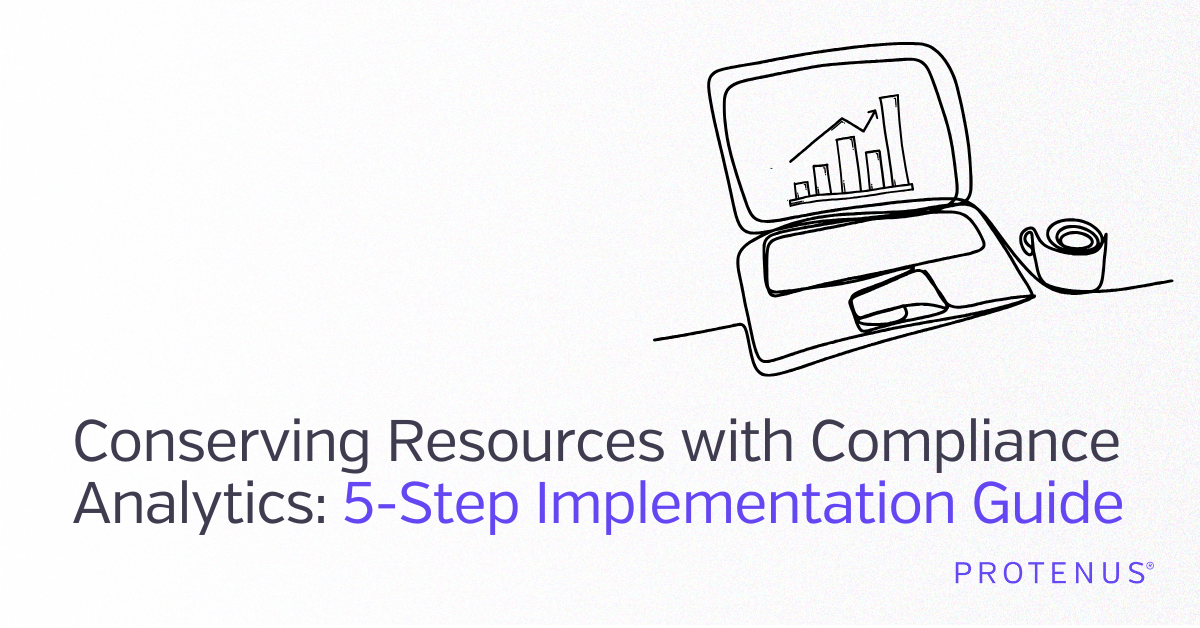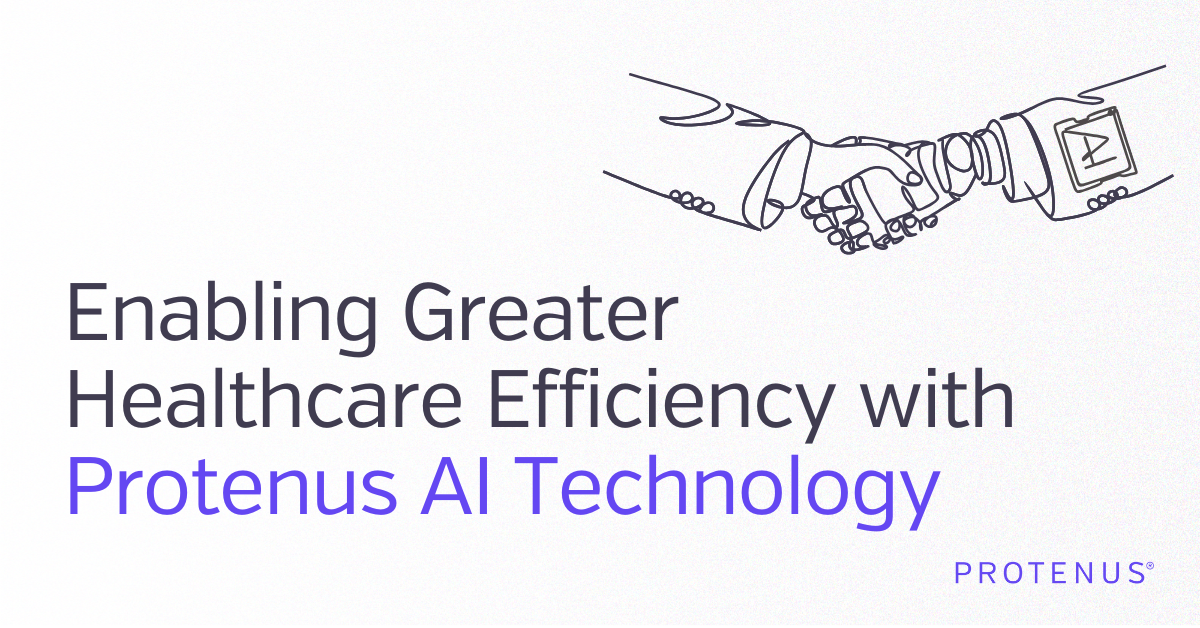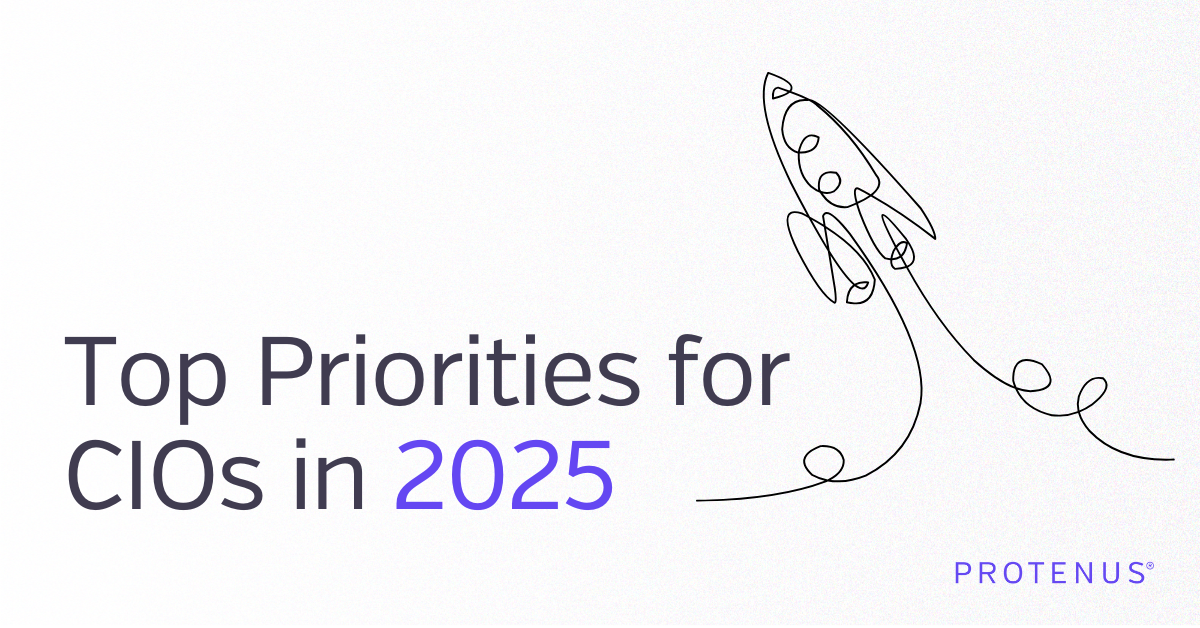Share this

Prevalence of Drug Diversion in Healthcare
by Michelle Del Guercio, CMO and Adam Beeler, PharmD, MS, Director of Pharmacy Services on July 13, 2023
Drug diversion is a growing problem in healthcare facilities around the world. The Department of Health and Human Services defines drug diversion as, “The illegal distribution or abuse of prescription drugs or their use for purposes not intended by the prescriber.” This phenomenon is particularly prevalent in healthcare facilities due to the sheer quantity of medications, including controlled substances, that are accessible to staff members. While drug diversion may seem like a victimless crime, it has the potential to wreak havoc on a healthcare facility and its patients. This blog post will take a closer look at the prevalence of drug diversion in healthcare and the steps that healthcare facilities can take to prevent it.
According to the 2023 Diversion Report, published by Protenus, drug diversion is a widespread problem in healthcare facilities. In fact, it is estimated that more than 1 in every 100 healthcare workers in the United States are diverting drugs. This alarming statistic highlights the need for healthcare organizations to be vigilant about monitoring and detecting drug diversion. In the same report, “Theft/Loss Reporting (TLR) data provided by the DEA suggests that only 5% to 10% of diversion events are detected and reported,” implying that more than 90% of drug diversion goes unnoticed. Diversion gone undetected can result in significant harm to employees and patients alike.
Theft/Loss Reporting (TLR) data provided by the DEA suggests that only 5% to 10% of diversion events are detected and reported.” - 2023 Diversion Digest
The Expensive Reality
Healthcare facilities have become a target for drug diversion due to the abundance of medications that are readily available and necessary to care for patients. However, with so many other patient care priorities, diversion prevention and monitoring efforts often don’t get the attention or resources they deserve. Unfortunately, many organizations rely on reactive methods to identify drug diversion events, which ultimately may lead not only to patient or public harm, but also to unwanted public disclosure that leaves the organization with reputational and fiscal damages. The largest reported DEA settlement for a health system was more than $7 million due to drug diversion events following a years-long investigation. Even though this is an extreme case, the financial penalties and reputational damage are real and can have far reaching consequences for the organization.
Proactive Monitoring
Healthcare facilities should implement robust policies and procedures coupled with AI-powered solutions, such as Protenus Drug Diversion Surveillance, that enable a proactive approach to monitoring for drug diversion. With the volume of data a hospital produces each day, no one can adequately monitor all medication related activity, let alone identify all possible diversion events. However, AI-powered technology can review all medication transactions and help identify concerning behaviors indicative of drug diversion that may otherwise go unnoticed; empowering organizations to reduce risk to the workforce, organization, and most importantly, patients.
In conclusion, drug diversion is a serious problem for healthcare facilities and their workers that must be addressed. By being vigilant and implementing policies and procedures, along with technology that helps to proactively monitor for drug diversion, organizations can help ensure the safety and wellbeing of their patients and their employees. Remember, drug diversion is not a victimless crime, and it has the potential to cause significant harm.
Read the latest trends on diversion in healthcare: 2023 Diversion Digest
Share this
- December 1, 2024 (3)
- November 1, 2024 (1)
- October 1, 2024 (2)
- September 1, 2024 (1)
- August 1, 2024 (1)
- July 1, 2024 (1)
- June 1, 2024 (1)
- May 1, 2024 (1)
- March 1, 2024 (2)
- February 1, 2024 (3)
- January 1, 2024 (1)
- December 1, 2023 (1)
- November 1, 2023 (3)
- October 1, 2023 (3)
- September 1, 2023 (1)
- August 1, 2023 (1)
- July 1, 2023 (2)
- April 1, 2023 (1)
- March 1, 2023 (1)
- February 1, 2023 (1)
- December 1, 2022 (3)
- November 1, 2022 (3)
- October 1, 2022 (1)
- September 1, 2022 (1)
- August 1, 2022 (2)
- June 1, 2022 (4)
- May 1, 2022 (5)
- April 1, 2022 (1)
- March 1, 2022 (4)
- February 1, 2022 (3)
- November 1, 2021 (2)
- October 1, 2021 (3)
- September 1, 2021 (3)
- August 1, 2021 (3)
- July 1, 2021 (4)
- June 1, 2021 (2)
- May 1, 2021 (2)
- April 1, 2021 (2)
- March 1, 2021 (5)
- February 1, 2021 (1)
- January 1, 2021 (1)
- December 1, 2020 (1)
- November 1, 2020 (2)
- October 1, 2020 (2)
- September 1, 2020 (3)
- August 1, 2020 (2)
- July 1, 2020 (2)
- June 1, 2020 (6)
- May 1, 2020 (3)
- April 1, 2020 (4)
- March 1, 2020 (2)
- February 1, 2020 (4)
- January 1, 2020 (2)
- December 1, 2019 (2)
- November 1, 2019 (1)
- October 1, 2019 (1)
- September 1, 2019 (1)
- August 1, 2019 (1)
- June 1, 2019 (1)
- April 1, 2019 (1)
- February 1, 2019 (1)
- January 1, 2019 (1)
- December 1, 2018 (2)
- November 1, 2018 (2)
- October 1, 2018 (2)
- September 1, 2018 (3)
- August 1, 2018 (1)
- July 1, 2018 (2)
- June 1, 2018 (2)
- May 1, 2018 (1)
- April 1, 2018 (1)
- March 1, 2018 (2)
- February 1, 2018 (6)
- January 1, 2018 (2)
- September 1, 2017 (2)
- August 1, 2017 (2)
- June 1, 2017 (2)
- May 1, 2017 (1)
- April 1, 2017 (1)
- March 1, 2017 (2)
- February 1, 2017 (5)
- January 1, 2017 (2)
- December 1, 2016 (3)
- November 1, 2016 (5)
- October 1, 2016 (4)
- September 1, 2016 (8)
- August 1, 2016 (4)
- July 1, 2016 (4)
Subscribe by email
You May Also Like

Conserving Resources with Compliance Analytics: A 5-Step Implementation Guide

Enabling Greater Healthcare Efficiency with Protenus AI Technology

.png?width=1000&height=140&name=Bluesight%20%2B%20Protenus%20Logo%20%20(1).png)
